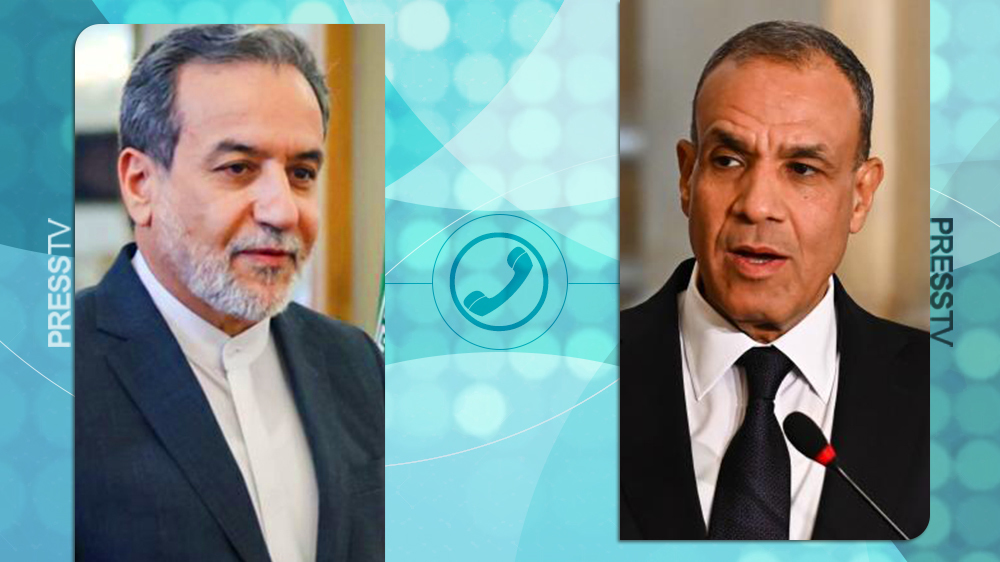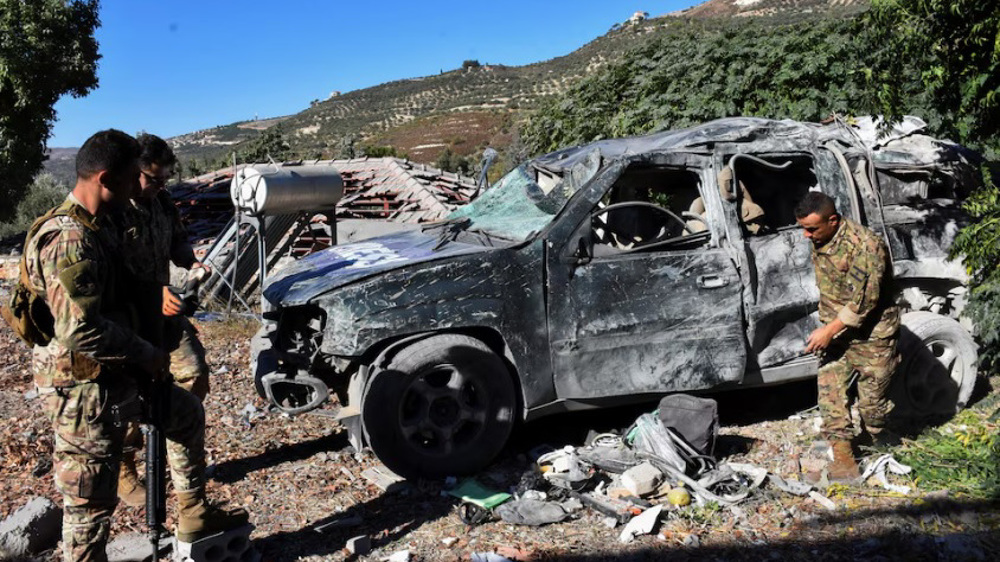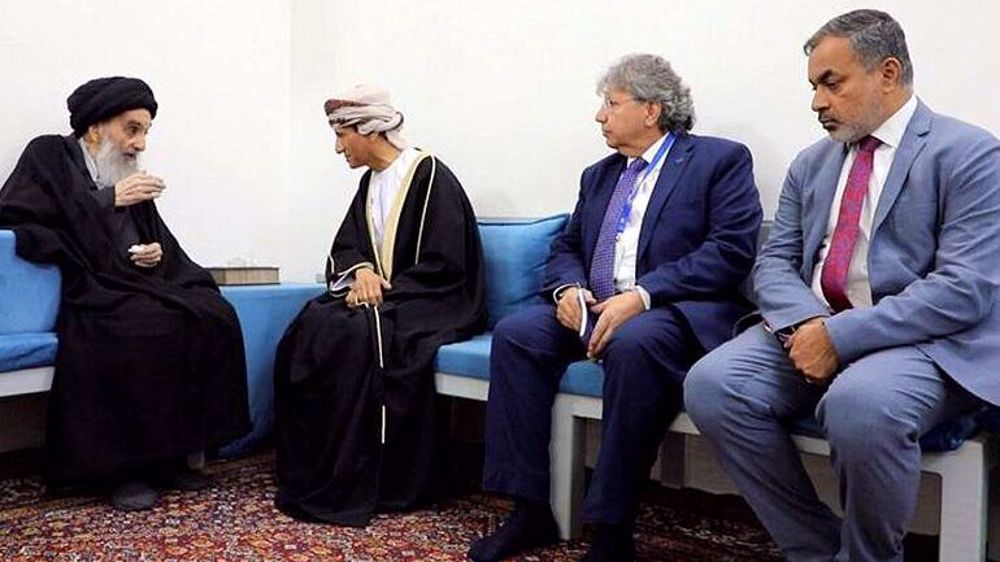Hezbollah says targets Israeli military vehicle, all crews killed, injured
Lebanese resistance movement Hezbollah says it has targeted an Israeli military vehicle near the border with the occupied Palestinian lands, killing and injuring all forces on board.
According to the Lebanese resistance group, the operation was carried out by two fighter groups on Sunday, who targeted two Israeli vehicles. One of the vehicles escaped the Lebanese fighters’ fire, but the other one was totally destroyed leaving all those on board killed or injured.
Hezbollah fighters "destroyed a military vehicle on the road to the Avivim barracks (in northern Israel), killing and wounding those inside," the resistance group said in a statement, which was carried by Lebanon's Al Mayadeen TV.
Following the attack on Sunday, Israeli military sources confirmed that a military vehicle has been targeted at the border with anti-tank missiles.
Israel's military sources claimed that several anti-tank missiles were fired from Lebanon, scoring hits, with Israeli forces responding, Reuters reported.
"A number of anti-tank missiles were fired from Lebanon towards an (Israeli military) base and military vehicles," an Israeli army statement said, adding, "A number of hits have been confirmed. (Israel's military) is responding with fire towards the sources of fire and targets in southern Lebanon."
After the initial reports of fire from Lebanon, a military spokesman called on people in the occupied territories living within four kilometers (2.5 miles) of the Lebanese border to remain at home and prepare shelters, AFP reported.
According to Lebanon’s al-Manar TV, Israeli forces have fired several shells at the border village of Maroun al-Ras in south Lebanon with the channel's live broadcast from the village showing large plumes of smoke rising from the countryside near the border with the occupied territories. It added that Israeli warplanes are also conducting overflights above the village.
A statement by Lebanese army said that Israel fired 40 rockets into south Lebanon during the Sunday border escalation.
Al-Manar also reported that Israeli military is using phosphorus munitions to attack southern Lebanon in respond to Hezbollah's attack.
Al-Manar also quoted Israeli military as reporting multiple hits on an army base by anti-tank missiles fired from Lebanon, noting that helicopters were transferring casualties to Zif Hospital.
Israeli media have reported a state of widespread fear and panic among Zionist settlers in the northern part of the occupied territories with Israel’s military ordering residents living within 4 kilometers of the Lebanese border to remain in their homes and open their bomb shelters.
Meanwhile, a statement released by the office of the Lebanese Prime Minister Sa’ad Hariri quoted him as calling the US Secretary of State Mike Pompeo and Emmanuel Bonne, the foreign policy adviser to the French president, discussing with them the latest developments at border with Israel.
Hariri's office said he made the calls "asking the United States and France to intervene in the face of developments at the southern border."
The intelligence section of the Israeli army has reportedly banned disclosure of any details on the Hezbollah’s attack. Israeli media, however, have reported that four Israeli soldiers have been injured in the incident.
In a related development, the head of the United Nations Interim Force in Lebanon (UNIFIL) has urged "maximum restraint" after the Hezbollah movement traded fire with Israel across the border.
Andrea Tenenti, a UNIFIL spokesman said, "UNIFIL is following up on the firing across the Blue Line" between Lebanon and Israel, AFP quoted him as saying.
The spokesman added that UNIFIL chief "Major General Stefano Del Col is in contact with the parties urging the maximum restraint and asked to cease all activities."
A few hours after the border flare-up, Israel's military said in a statement that an eruption of fighting with Hezbollah along the Lebanon border was over, claiming that the attack caused no casualties among the Israeli forces.
"Hezbollah executed the attack ... however (it) failed to cause casualties," an Israeli military spokesman said, adding that “the strategic situation is still on” with Israeli military maintaining an elevated level of readiness.
VIDEO | Press TV's news headlines
Iranian satellites launched into space as private sector debuts in space industry
VIDEO | Iran, Azerbaijan conduct joint maritime rescue operations
VIDEO | Yemen’s Red Sea divide: Naval forces block Israeli-linked ships in strategic ‘parting of the water’
VIDEO | Southern Gaza: Israel’s facade for famine and suffering
VIDEO | IOF hampering humanitarian aid
VIDEO | Sharmahd: Justice Done
Iran repeatedly warned Israel not to test its will: FM









 This makes it easy to access the Press TV website
This makes it easy to access the Press TV website